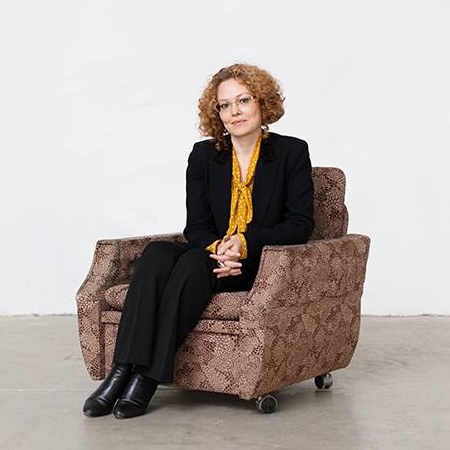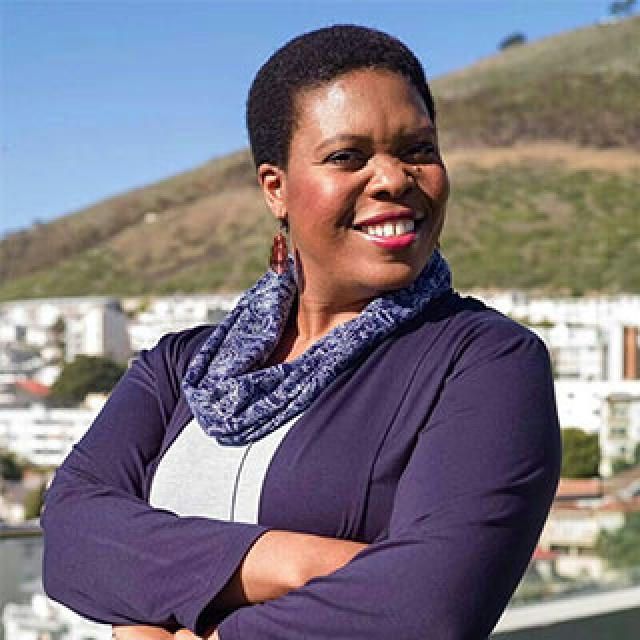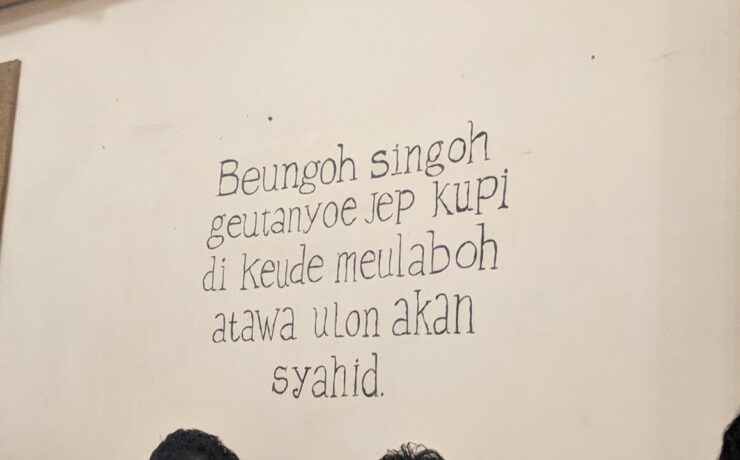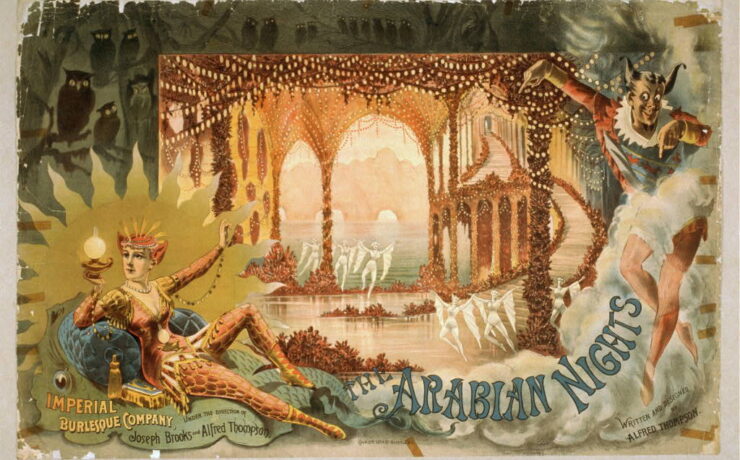Reading group registration
We are an inter-institutional research hub with an open-source publication, reading group and residencies that produce and disseminate international and interdisciplinary scholarship for liberation.
You have reached the registration page where you can sign-up to reading groups. The discussions from these are captured in reflective pieces from authors within our publication, printed alongside the minutes.
Our next programme runs from April to June 2026 and will be launched early in the new year.
Sign up to our mailing list by clicking here to be reminded on a rolling basis.






















